Wizards inland from the little Somali port of Barawe bewitched a person to come to them by banging a nail into a tree and chanting his name. ‘He comes no matter how far away he may be,’ wrote Gerald Hanley in Warriors, his unrivalled classic about Somalia — for him a place of ‘swirling sandstorms, heat and billions and billions of flies’. But I need no nail in a tree to return to Barawe, which to me is a paradise I once aimed to make my home.
I first saw Barawe from the high, red dunes of the hinterland. It glittered white against the azure Indian Ocean: beautiful houses and mosques, a colonial Italian lighthouse ringed by a necklace of surf. It was 1998 and I had never seen anywhere so exotic, populated by very light-skinned descendants of Portuguese, Arabs and Shirazis. They spoke a northern form of Swahili called Chimbalazi and were full of poetry. The perfume of incense and halwa sweetmeats drifted through sandy streets. I swam off a white sand beach and found Amharic inscriptions in the ruins of an old fort. I was made a guest at a four-storey mansion where a banquet of delicacies was prepared in the courtyard below and then hoisted up by a coconut rope on huge copper trays.
Barawe, in those days an island of beauty and sophistication amid the horrors of Somalia, was birthplace of the eponymous Sufi Sheikh Uways al-Barawi. This great religious leader promoted a tolerant form of Islam that so many Somalis still worship by today. Al-Barawi was murdered on the orders of the Mad Mullah, Muhammad Abdullah Hassan, a fanatic who fought Britain for 22 years and left nothing good except poetry extolling ultra-violence. That tension, between extremism and decency, has been played out again in Barawe’s recent history.
I noticed that some of the most delightful Bravanese houses were abandoned. I was told that clan militias had used the town as a battleground. They menaced the prominent families so much that they fled — overseas and along the Kenyan coast, where they continued to hand-weave their wonderful cloth with its geometrical designs that told a secret story. For now, Barawe was calm, and I did not want to go.
‘What if I were to live in Barawe,’ I asked. ‘What if I were to buy a house?’ ‘Certainly,’ replied my host. He revealed that the title deeds were held by the elders — in Minnesota and London’s East End. If my offer was accepted, I could settle down. The price of a very fine house was no more than £7,000. I was not the first Westerner to own a home in Barawe. My host showed me one lovely place that allegedly belonged to Graham Hancock, author of great books like Lords of Poverty.
I tried to pursue my purchase, dreaming that I might cut myself off from the outside world, learn Chimbalazi dialect and fish for yellowfin tuna. But I found myself in Yemen, and then London. One day an intricately carved camphor chest arrived on a flight, with best wishes from my host in Barawe, and this sits at home today. Meanwhile, Somalia’s civil war flared again, hiding the bright horizon of Barawe from the world once more.
A few years ago militants of Al-Shabaab seized Barawe. They murdered local inhabitants. They beat Sufi worshippers and desecrated their saints’ shrines. They imposed huge taxes on the people, denied them vaccines or poetry, music or even football. The place became a base for the most vicious of all the Al-Shabaab fighters — foreign jihadis known as the muhajireen. Some of them were probably from Britain and other western countries. In stolen lovely houses they designed suicide vests, truck bombs and massacres. In 2009 American special forces in helicopters ambushed and killed a senior al-Qa’eda leader a little way inland from the huge red dunes.
In June this year two of the nastiest factions of Al-Shabaab began liquidating each other — as they do — in Barawe’s streets and a number of foreigners went straight to hell. Up the road a few weeks ago, Omar Hammami, an American known as the ‘rapping jihadist’ because of his YouTube jingles, together with Osama al-Britani, a British bomber and allegedly father of Samatha Lewthwaite’s two younger children, also died during internecine feuding. It appears that Barawe became the place where plans were developed for the vile attack on Nairobi’s Westgate shopping mall last month.
On 5 October, special forces of the American SEAL Team 6 launched a night raid on Barawe from the ocean, in a bid to kill or capture a man they did not get. After they withdrew into the waves, Al-Shabaab took reprisals against the local population. In London, where Islamophobic arsonists burned down the Bravanese community centre in June, these moderate, civilised people must wonder what they did to deserve all of this.
Got something to add? Join the discussion and comment below.
Get 10 issues for just $10
Subscribe to The Spectator Australia today for the next 10 magazine issues, plus full online access, for just $10.


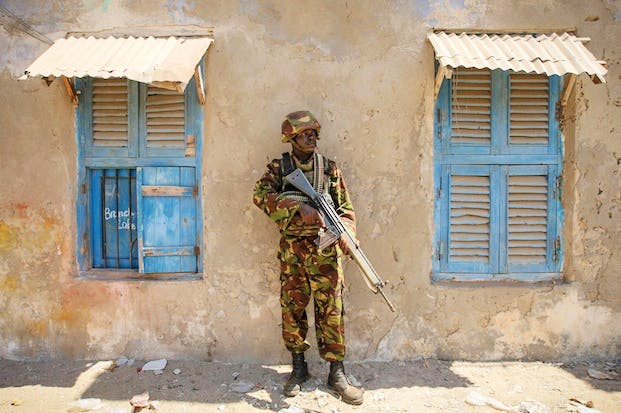
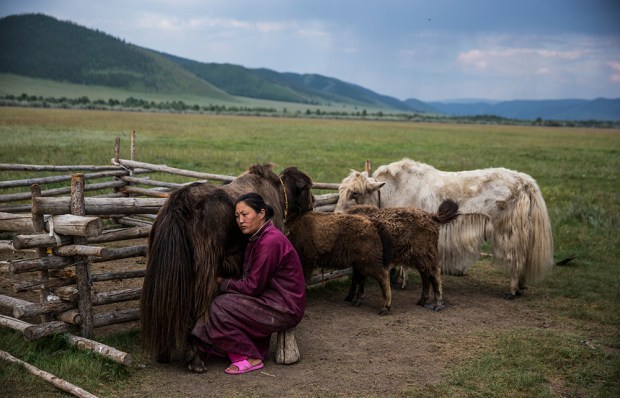
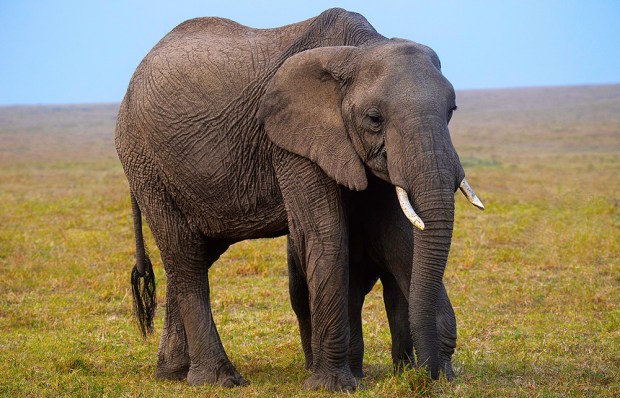
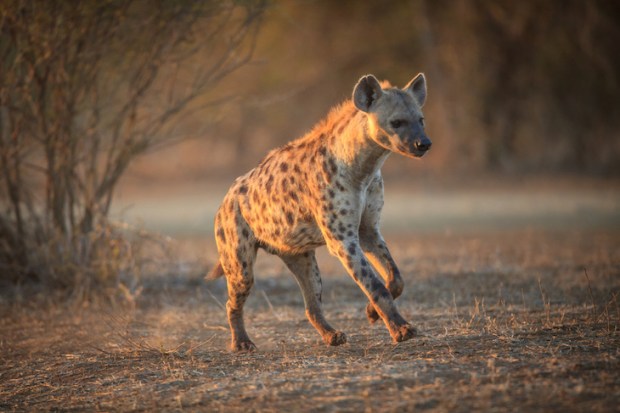
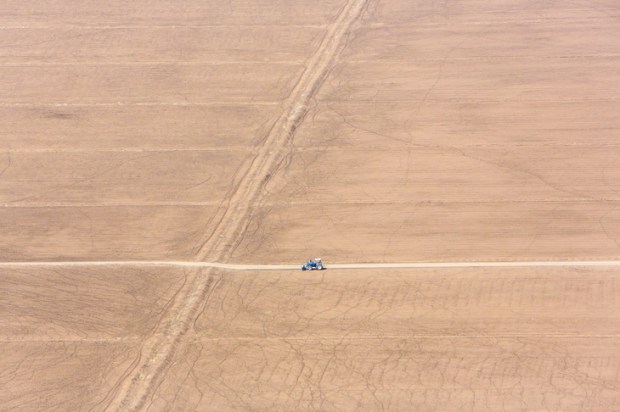
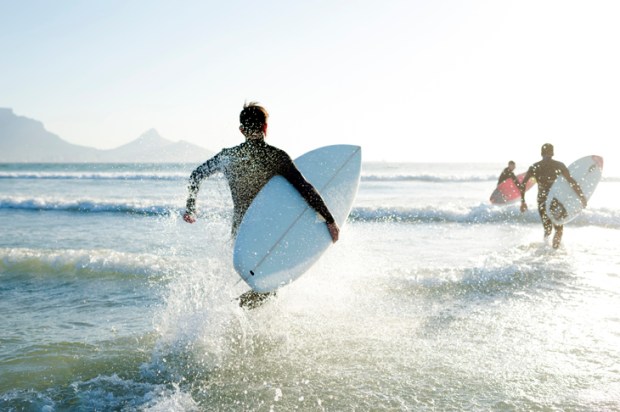
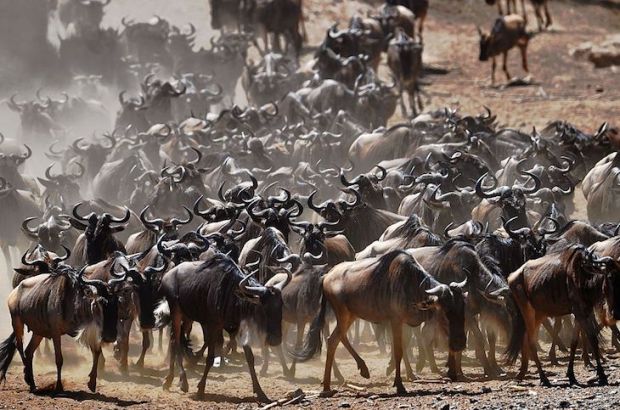






Comments
Don't miss out
Join the conversation with other Spectator Australia readers. Subscribe to leave a comment.
SUBSCRIBEAlready a subscriber? Log in